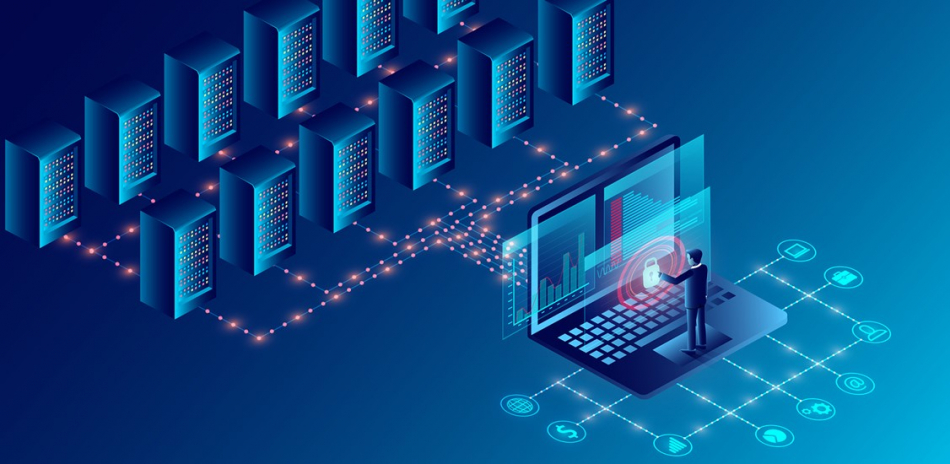Introduction
In today’s world, with the widespread use of information technology, system security has become of paramount importance. Companies, government institutions, and individuals rely on system security methods to protect their sensitive data and defend against cyber attacks. In this article, we will explore the concept of system security, its significance, and how it can be safeguarded against various threats. Before you start, you can read our article on web penetration testing tools that may be of interest to you.
1 The Importance of System Security
System security encompasses measures that protect computer systems, networks, and databases from unauthorized access and data breaches. Security vulnerabilities can lead to serious consequences such as theft of personal information, unauthorized data disclosure, and service disruptions. Therefore, system security holds critical importance in terms of business continuity, customer trust, and competitive advantage.
2 Key Principles of System Security
To ensure system security, the following fundamental principles should be considered:
- Access Control: Appropriate authentication and authorization mechanisms should be employed to prevent unauthorized access to systems and data.
- Data Confidentiality: Sensitive data should be encrypted and protected against unauthorized access.
- Integrity: Data accuracy and integrity should be ensured. Data modifications should be monitored, and unauthorized changes should be detected.
- Usability: Security measures should be designed in a way that does not impede users’ tasks. Security should be balanced with usability.

3 Threats and Attack Methods
- There are numerous threats and attack methods that pose risks to system security. Some of these include:
- Malware: Malicious software such as viruses, trojans, ransomware, and spyware can harm systems and steal data.
- Social Engineering: Attackers may attempt to gain access to sensitive information by deceiving or manipulating users.
- DDoS Attacks: Distributed Denial-of-Service (DDoS) attacks can cause service disruptions by consuming network or system resources.
- Data Leakage: Internal or external data breaches can result in unauthorized individuals obtaining sensitive data.
4 System Security Measures
Several measures can be implemented for system security:
- Strong Encryption: Encrypting sensitive data plays a crucial role in protecting it against unauthorized access.
- Software and Patch Management: Keeping software and operating systems up to date helps minimize security vulnerabilities.
- Firewalls: Deploying firewalls in networks can prevent unauthorized access and block malicious traffic.
- Education and Awareness: Training users on security matters and raising awareness can provide effective defense against social engineering attacks.
Conclusion
System security is of paramount importance for data protection and defense against threats. Organizations and individuals need to protect their systems and make them resilient against attacks by implementing robust security measures. The principles and methods mentioned in this article can serve as a starting point for ensuring security. However, it is important to stay updated with the latest advancements in system security and continuously update security measures to counter evolving threats

